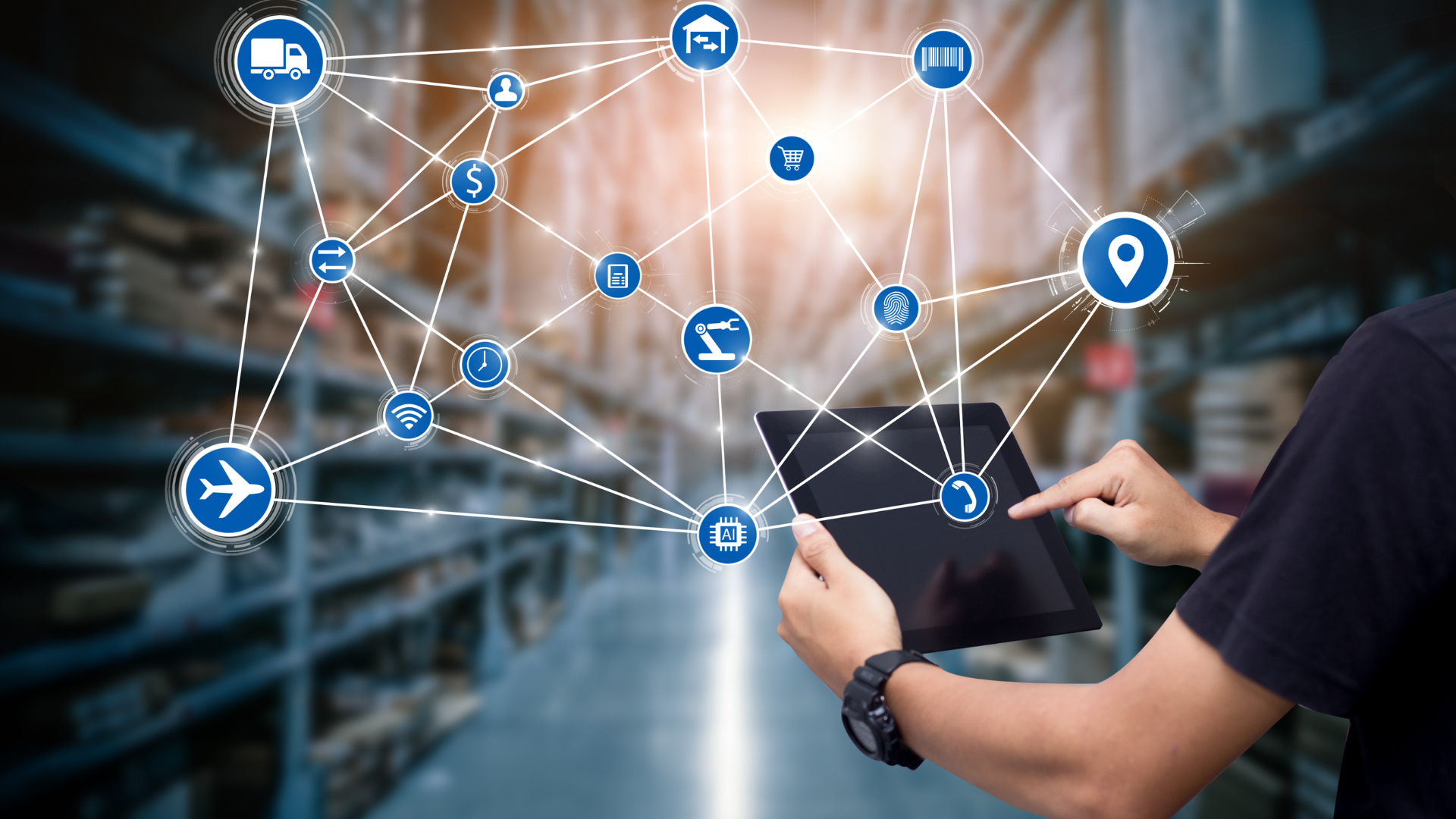

The logistics industry is changing the face of retail. Logistics and supply chains were traditionally handled by a single individual who would care for everything. This includes sourcing the goods, running delivery to customers, and taking care of any returns. Nowadays, many players in the logistics industry handle different aspects of goods distribution – from manufacturing to shipping to distribution. This article will discuss how this has changed customer service in retail in both online and physical stores.
The Importance of Logistics to Retailers
Logistics is more important to retailers in the e-commerce and global trade era than ever. Retailers rely on logistics to get their products to customers quickly and efficiently. It can be a complex and costly part of doing business. Still, it is essential to the success of retail companies.
There are many different aspects of logistics that are important to retailers. Transportation is a crucial part of logistics, and retailers must choose suitable transportation methods to deliver their products to customers on time. Warehousing is another essential aspect of logistics. Retailers must store their products safely and efficiently to access them when needed. This is where Warehouse Management Systems (WMS) come into play, offering sophisticated tools for optimizing inventory management, streamlining operations, and enhancing overall efficiency.
Furthermore, order fulfillment is the cornerstone of successful retail logistics. Retailers are tasked with the responsibility of processing and dispatching orders promptly and with pinpoint accuracy. Inventory management is intricately tied to this process, and WMS solutions can enable retailers to maintain real-time visibility over their inventory levels. This insight ensures that the right products are readily available for order fulfillment, thereby bolstering customer satisfaction and trust.
Logistics operations don’t end once products leave the warehouse. The final leg of delivery is just as crucial. Retailers must have reliable shipping partners to handle the final transportation of goods to the end consumer. Strong relationships with shipping companies allow retailers to negotiate better rates and ensure reliable, on-time delivery. Tracking and visibility tools are also important, so retailers can monitor the status of shipments and proactively notify customers.
Within warehouses, retailers can utilize technologies like conveyor belts to efficiently transport goods and materials between different locations, streamlining operations. With the help of providers like Cyrus (https://www.cyrusequipment.com/de/), warehouses can automate conveyor technology to streamline the flow of products, reducing labor requirements and speeding up processing times. This allows retailers to fulfill orders rapidly to meet customer expectations.
Logistics can be a complex and challenging area for retailers, but it is essential for the success of their businesses. By understanding the importance of logistics, retailers can ensure that their products reach customers quickly and efficiently.
How Logistics is Changing the Face of Retail
The retail industry is under pressure as consumers shift their spending to experiences over things. Retailers are looking for ways to cut costs and improve efficiency. One area that is seeing significant change is logistics.
In the past, logistics was primarily about moving products from place to place. But nowadays, it’s become a whole lot more than that. It’s about looking after how much stuff you have, following where things are going, and making sure everything gets where it needs to go, exactly when it should and in great shape. Logistics companies are getting a makeover thanks to technology. They’re bringing in new computer programs (like field management software) and systems that help them keep an eye on every part of the supply chain, right from the beginning to the end. This means they can see everything, spot problems early, and stop them from happening in the first place. It’s like having a superpower in the world of moving stuff around.
As the retail landscape continues to change, logistics will play an increasingly important role in determining which retailers succeed and which fail. Those who embrace change and leverage technology will be well-positioned to win the battle for market share.
Customer Service Logistics in the Retail Landscape
In order to provide the best possible customer service, retailers need to have a well-oiled logistics operation. This means having a system to efficiently get products from the supplier to the customer, in-store or online.
A big part is ensuring that orders are fulfilled accurately and on time. This can be challenging, as many moving parts are often involved in fulfilling an order, such as multiple suppliers, inventory levels, and shipping times. Retailers must continuously evaluate and improve their customer service logistics to stay competitive. This might involve keeping up with the latest technology trends, such as using artificial intelligence (AI) to help with order fulfillment or using drones for last-mile delivery. Alternatively, firms can also utilize the services of a 3PL firm like Shape to help manage their supply chain operations. This type of service can provide retailers with a cost-effective and efficient way to manage their customer service logistics.
It’s also essential for retailers to partner with the right logistics providers. These partners should understand the retailer’s business and be able to provide custom solutions that fit their needs. By investing in customer service logistics, retailers can create a seamless shopping experience for their customers and keep them returning for more.
What’s Next to Come?
The logistics industry is constantly changing and evolving. Retailers must be aware of the latest trends to stay ahead of the competition. Here are some of the biggest trends that are currently shaping the logistics industry:
Increased focus on sustainability
With consumers becoming more conscious of environmental issues, many retailers are looking for ways to make their operations more sustainable. This includes investing in energy-efficient technologies, using recycled materials, and reducing waste.
Greater emphasis on customer experience
In today’s competitive environment, providing a great customer experience is essential for success. Retailers need to focus on creating an efficient and seamless customer journey from start to finish. This includes everything from providing accurate delivery times to offering convenient return policies.
Rise of E-commerce
E-commerce is increasingly becoming the preferred shopping method for consumers around the world. This trend will only continue, so retailers need to invest in an effective e-commerce strategy. This includes having a user-friendly website, offering fast and reliable shipping, and providing excellent customer service.
Customer-Driven Logistics for Better Customer Service
The logistics industry is constantly evolving and changing the face of retail. As the demands of consumers change, so does the need for faster, more efficient delivery. This has led to a boom in the logistics industry, with new companies and services popping up all the time.
While the changes in the logistics industry can be challenging to keep up with, it is vital to stay informed to ensure the business is as efficient as possible. By staying up-to-date on the latest trends and technologies, companies can meet the ever-changing needs of consumers.
